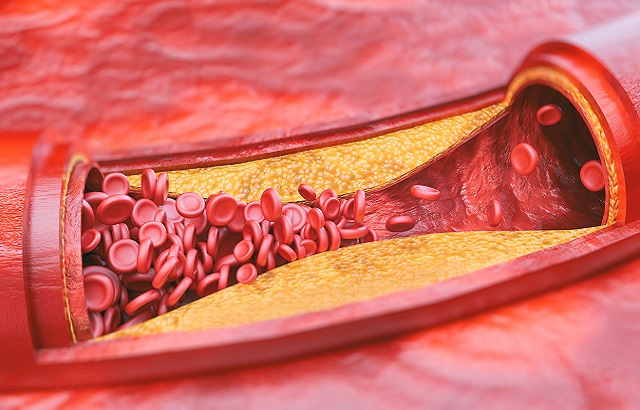

Cholesterol levels are declining sharply in western nations, but rising in low- and middle-income nations, according to research we part-funded.

The study revealed that total and non-HDL (‘bad’) cholesterol levels have fallen sharply in high income nations, particularly those in North-western Europe, North America and Australasia, while rising in low- and middle-income nations, particularly in East and Southeast Asia.
In the UK, non-HDL cholesterol for men dropped from 18th highest in the world and 16th highest in Europe in 1980 to 106th highest in the world and 35th highest in Europe in 2018. This decrease was also found for UK women - non-HDL cholesterol dropped from 18th highest in the world and 16th highest in Europe in 1980 to 130th highest in the world and 34th highest in Europe in 2018.
The international study led by Imperial College London analysed cholesterol levels from 102.6 million individuals from 200 countries, across a 39-year time period, between 1980 and 2018. This is the largest study of global cholesterol levels to date.
Cholesterol is a fatty substance found in the blood. If the levels of non-HDL cholesterol are high, it can build up in the artery walls. This increases the risk of heart and circulatory diseases such as a heart attack or stroke.
We mustn't be complacent
Professor Sir Nilesh Samani, our Medical Director, said:
“It’s encouraging to see the reduction in levels of non-HDL, or ‘bad’, cholesterol in the UK since 1980. Public health initiatives about the risks of a diet high in saturated fat, and wider treatment with statins in those with high levels will have made a big contribution. The result is undoubtedly fewer heart attacks and strokes.
“However, we mustn’t be complacent or be misled by this change. High numbers of people still have undiagnosed or uncontrolled levels of non-HDL cholesterol putting them at greater risk of heart and circulatory diseases. We strongly encourage people, especially those over 40, to have their cholesterol checked. It’s important for those diagnosed with high non-HDL cholesterol to follow their doctor’s advice for lowering it.”


